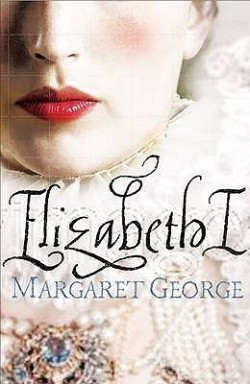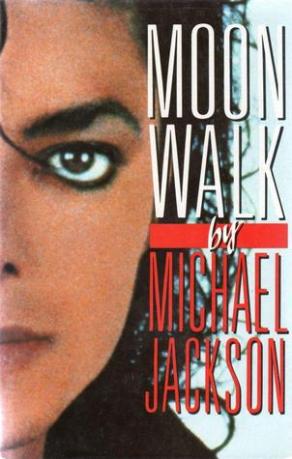What’s It About?
In 2012 Martin Seymour is a journalist sent to Iran to cover the parliamentary elections. While this turns into the predictable non-event he expected, shortly after he becomes caught up in an event that will change everything. Nasim Golestani is an Iranian scientist living in the U.S.A. When her mother is offered a job in Iran, she chooses to return to her home country in the hopes that she can avenge her father’s execution and become important in the quickly changing political climate.
Fifteen years later, Martin is living in Iran after marrying and creating a family there. Nasim is now in charge of Zendegi, a virtual world that is used by millions, and pondering the ‘what if’ in her career choice to move to Iran. While she is envious of her former colleagues, Nasim soon realises that she has the expertise and knowledge to change the face of technology by creating more ‘human’ and lifelike proxies.
When tragedy strikes Martin turns to Nasim in the hopes that she can use advance her technology to create a solution to change his son’s future life. It now becomes a question of whether this technology is really alive and conscious, which creates more ethical questions than either of them are ready to answer.
My Thoughts:
This book was written in 2009, which is important to point out as the first part is set in a ‘futuristic’ 2012. It may be because I don’t really have any knowledge of Iranian politics, but this didn’t phase me in the least. Greg Egan doesn’t create a far-fetched fantasy and so I found his world to be completely believable (although perhaps a little optimistic) and never felt that the 2012 he depicted couldn’t have happened. Of course, those who understand politics may completely disagree with me on that, though I believe Egan has kept it vague enough that it is still plausible, without lacking the detail that can keep you grounded while reading.
The majority of this book takes place in 2015. Again, I didn’t feel that it was an impossibly spun fantasy. Everything relating to the technology, I have no doubt, is well within our grasp and will likely be used fairly soon (though I admit I don’t know too much about technology either). Egan once again keeps us grounded by focusing on the details of Iranian culture, rather than on any significant changes that aren’t important. For me, this meant that I was much more engrossed in the story he is telling, than whether or not the science is real.
I personally found it a little difficult to truly relate to any of the characters. This may be because they were, for the most part, eclipsed by the understanding of the culture it is set in, rather than the people. While they obviously had motivations and inward thoughts, I felt, for the most part, that in a sense they were simply crutches to move the story forward and question all the right ethical points brought up by the idea of when does a computer become conscious. However, I don’t feel this is a huge issue in this novel as they aren’t complete cardboard cut-outs either.
As I’ve already mentioned, the novel does bring up some interesting ethical questions about where the line is between machine and a living conscious being, and what this means in terms of ‘rights’. Despite that being something that I noticed after reading, it didn’t take over the story until the very end.
I was quite disappointed, and a little confused, by the ending as not only did it seem to end a little abruptly, I felt the characters changed who they were so much to fit the ‘ethical’ answers that it was unrealistic and made me wish the book had ended on the question rather than a complex character response that doesn’t fit.
I would recommend this to anyone who is new to science fiction (as I am), as it is a good way to expand your reading without feeling too far out of your comfort zone. I can’t really compare this book to any I’ve previously read as this is a whole new genre for me. I expect that those who read a lot of science fiction would probably appreciate this book, though if you are looking for technical detail and explanations you won’t find it in this book.
Overall Rating: 4/5



